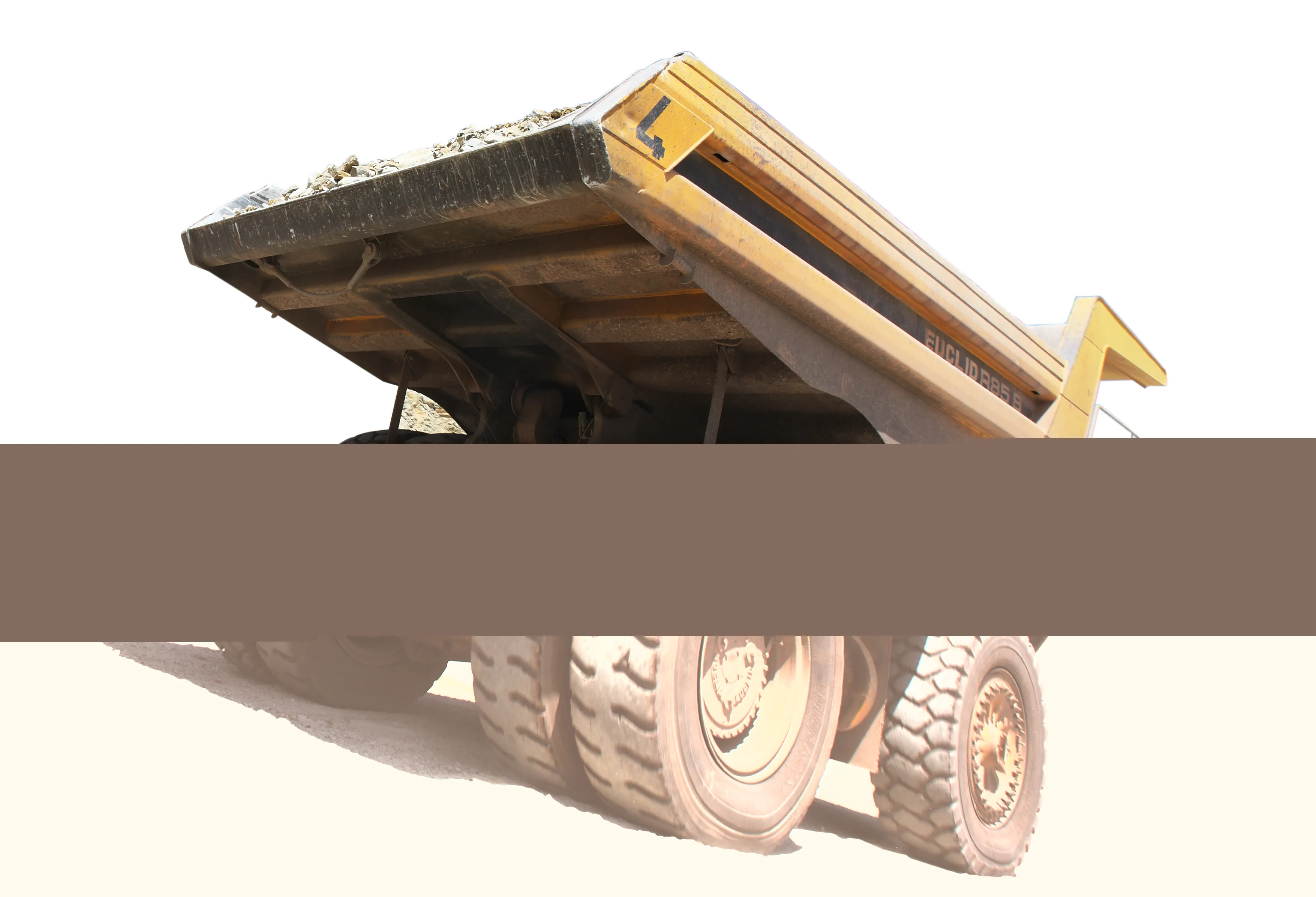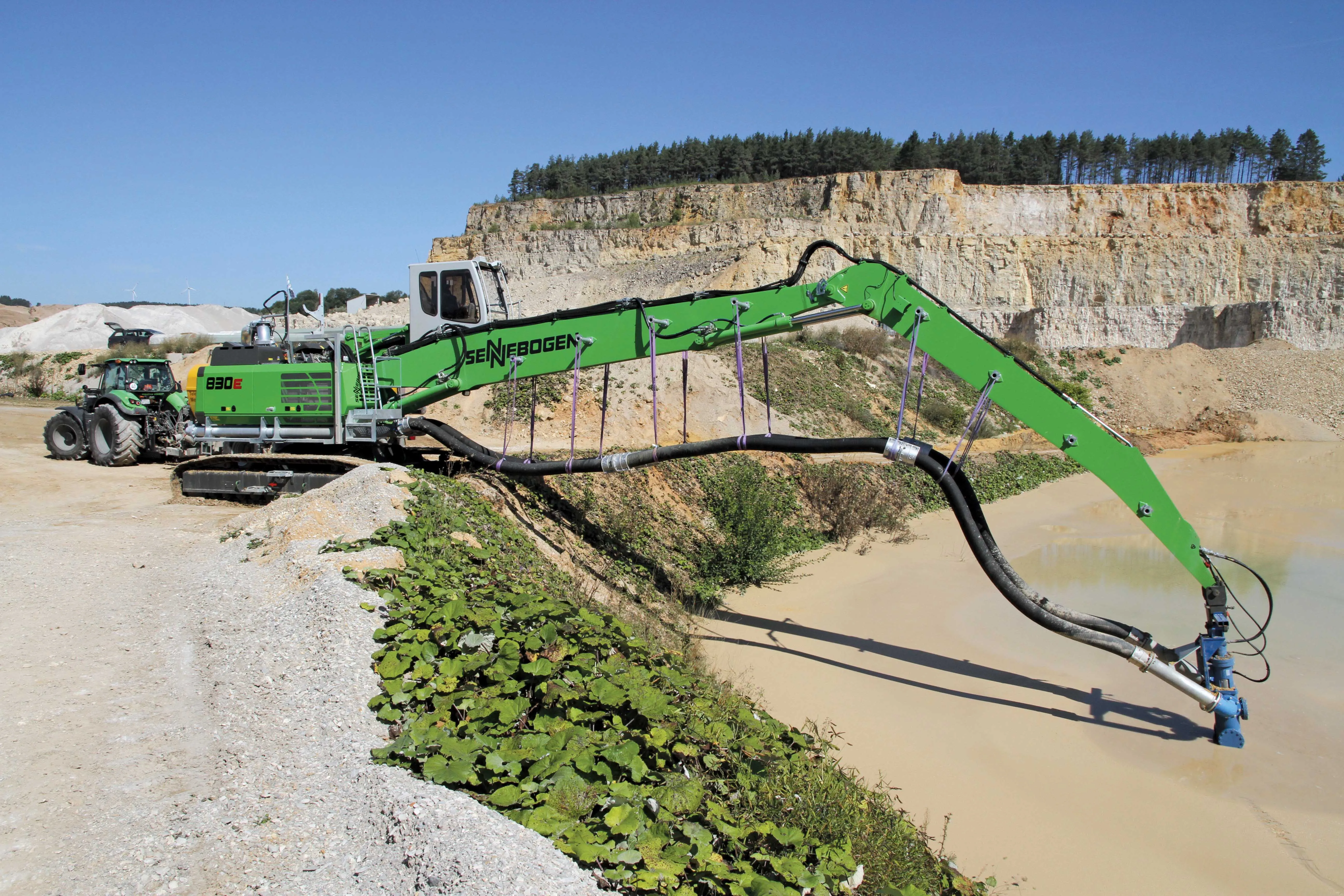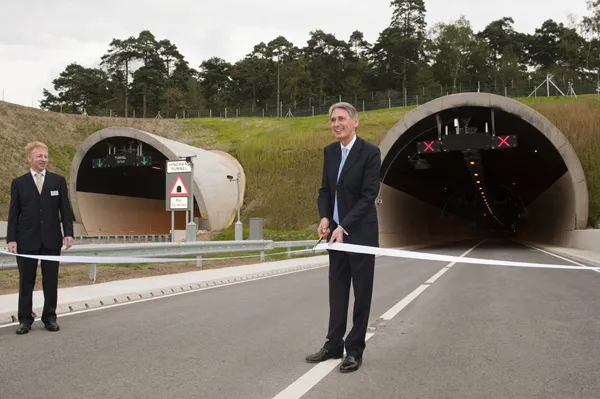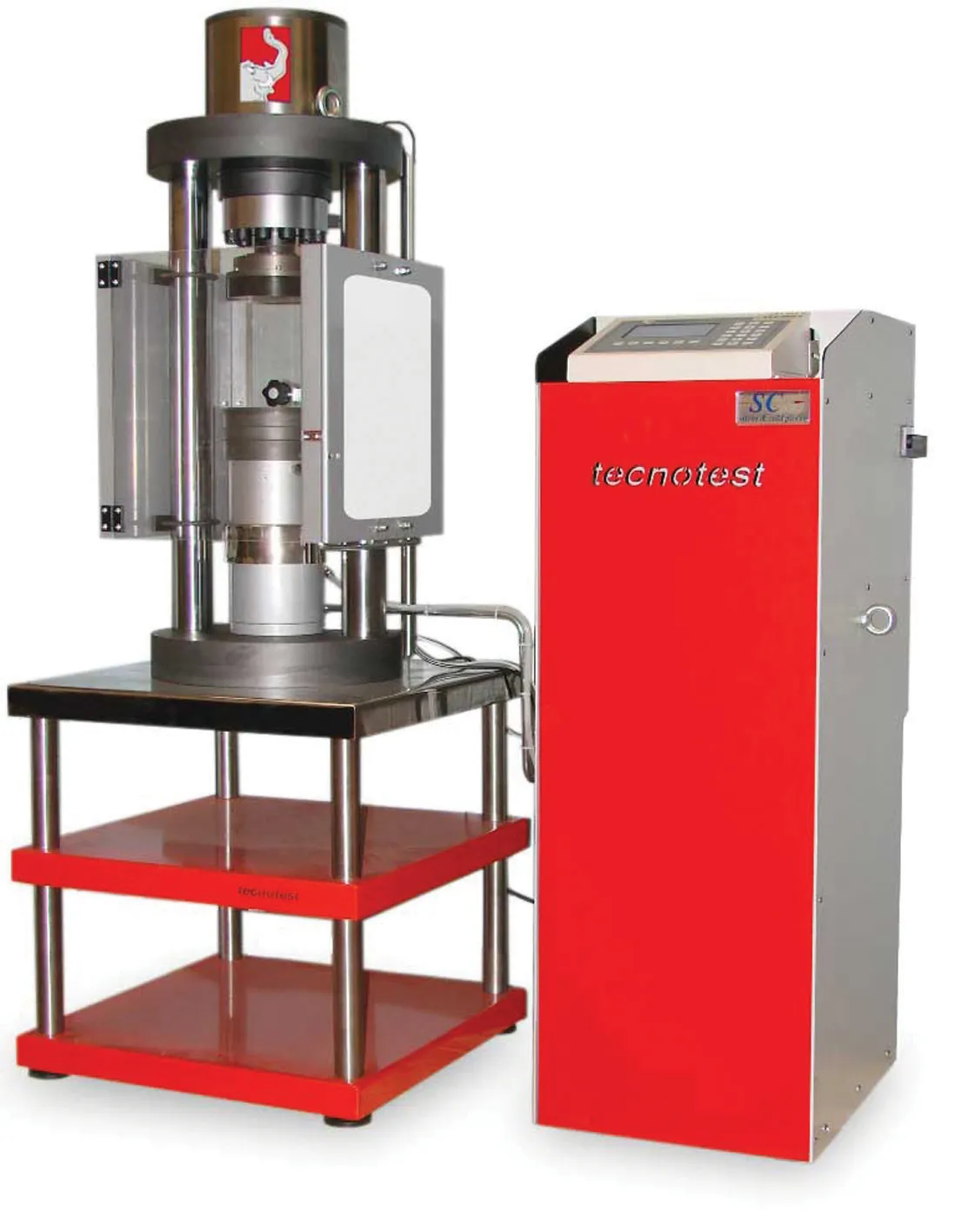The cement factory with the highest output in Europe can be found some 130km east of Istanbul, Turkey, and belongs to NUH Cement. In 2007 the company's quarry in Hereke produced 4.3 million tonnes of limestone, and after on-site processing with additives such as gypsum, iron oxide and coal, this resulted in a yield of 5 million tonnes of Portland cement. Founded in 1966, the company's mission statement is to "serve Turkey's development programme with its production of cement, and huge investments in facilit
July 30, 2012
Read time: 2 mins

The cement factory with the highest output in Europe can be found some 130km east of Istanbul, Turkey, and belongs to NUH Cement.
In 2007 the company's quarry in Hereke produced 4.3 million tonnes of limestone, and after on-site processing with additives such as gypsum, iron oxide and coal, this resulted in a yield of 5 million tonnes of Portland cement.
Founded in 1966, the company's mission statement is to "serve Turkey's development programme with its production of cement, and huge investments in facilities, systems and processes are helping it to achieve this aim, and this, says NUH, includes its fleet of large excavators from233 Hitachi Construction Machinery (Europe)/1139 HCME.
The company has bought an EX1800, EX1200 and most recently an EX1900 to extract and load raw materials in the quarry. The EX1900 was bought to increase production and ensure that 1,500tonnes of aggregates are delivered to the crusher every hour. NUH Cement is hoping to double production by 2011, which would require even more new machines in the next few years.
The company requires excavators that can cope with the demanding nature of the work and follows a stringent procurement process. HCME and Turkey's official Hitachi distributor5252 Enka Pazarlama have succeeded in this process three times.
In 2007 the company's quarry in Hereke produced 4.3 million tonnes of limestone, and after on-site processing with additives such as gypsum, iron oxide and coal, this resulted in a yield of 5 million tonnes of Portland cement.
Founded in 1966, the company's mission statement is to "serve Turkey's development programme with its production of cement, and huge investments in facilities, systems and processes are helping it to achieve this aim, and this, says NUH, includes its fleet of large excavators from
The company has bought an EX1800, EX1200 and most recently an EX1900 to extract and load raw materials in the quarry. The EX1900 was bought to increase production and ensure that 1,500tonnes of aggregates are delivered to the crusher every hour. NUH Cement is hoping to double production by 2011, which would require even more new machines in the next few years.
The company requires excavators that can cope with the demanding nature of the work and follows a stringent procurement process. HCME and Turkey's official Hitachi distributor








